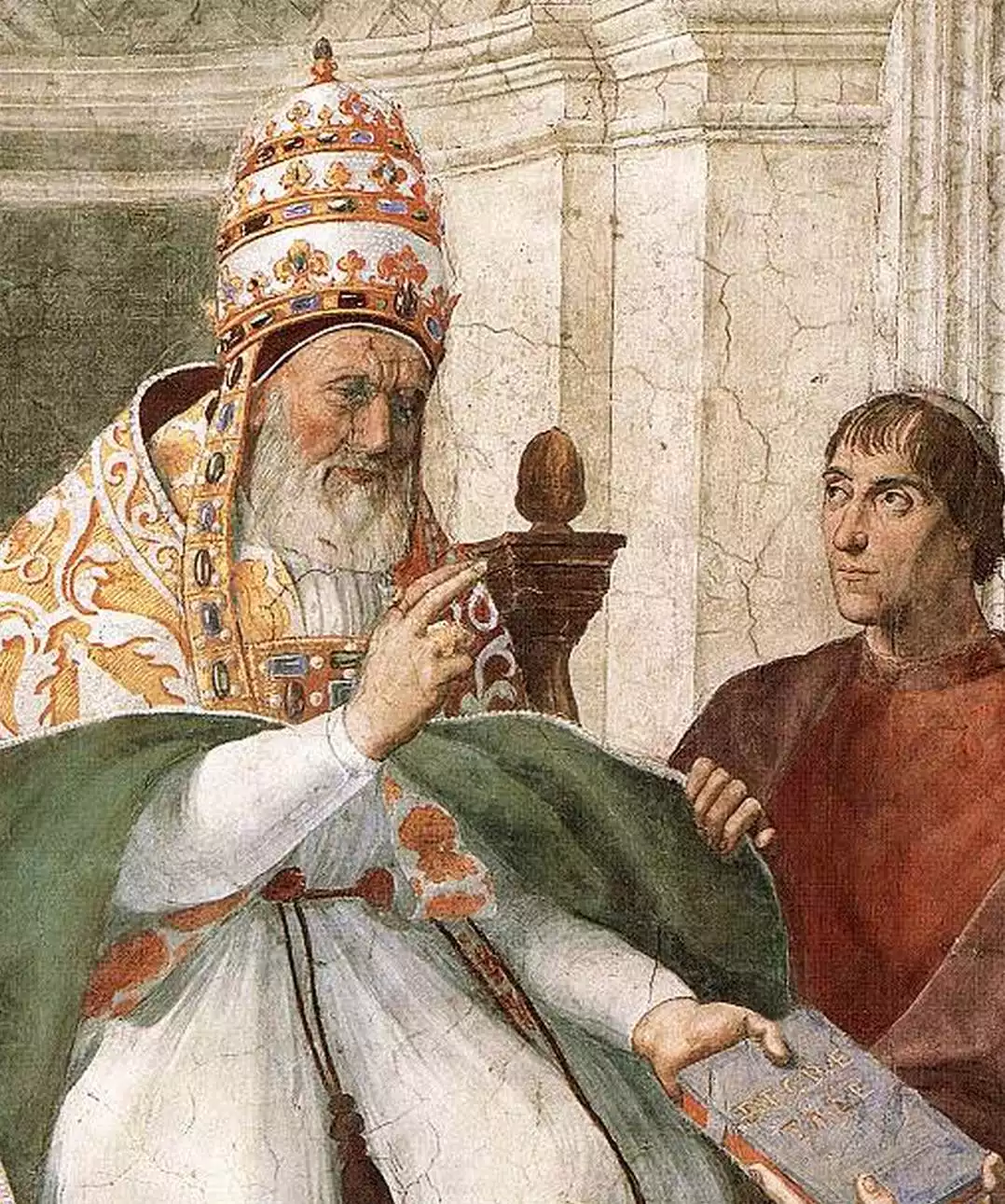
The Birth of the Franciscans: Embracing Poverty and Service
The Franciscan order, born from the humble vision of Saint Francis of Assisi, revolutionized the concept of religious life in the 13th century. Embracing poverty as a cornerstone of their existence, the Franciscans sought to emulate the life of Jesus Christ and his apostles. This radical commitment to living amongst the poorest and serving them unconditionally marked a stark contrast to the prevailing religious norms of opulence and hierarchy.
Saint Francis, a man of deep spirituality and compassion, infused his followers with a sense of fervent devotion and unwavering commitment to the ideals of poverty and humility. The Franciscans, or the Order of Friars Minor, as they were formally known, became renowned for their dedication to serving the marginalized and destitute. Their approach to spirituality, focused on kinship with nature and all living beings, also set them apart, emphasizing a holistic view of creation.
The Franciscans’ impact extended beyond mere social service. Their approach to theology, characterized by simplicity and practical application, resonated deeply with the common folk. This order, therefore, played a crucial role in bridging the gap between the Church and the laypeople, making spirituality more accessible and relatable. Through their work, the Franciscans not only transformed the lives of the poor but also redefined the church’s role in society, advocating for a church that was truly of and for the people.
The Rise of the Dominicans: Education and Theological Vigilance
In the same era, the Dominican Order emerged, founded by Saint Dominic, a figure of immense scholarly prowess and spiritual insight. The Dominicans, also known as the Order of Preachers, championed the cause of theological education and active preaching. Their primary mission was to educate people about Christian doctrine and combat heretical teachings, a task of immense importance during the turbulent times of the Middle Ages.
The Dominicans established themselves as intellectual leaders within the Church, founding universities and contributing significantly to theological and philosophical discourse. Their emphasis on education and reason, combined with a deep commitment to spiritual principles, enabled them to engage effectively with the challenges of the time. The Dominicans also played a vital role in the administration of the Inquisition, aiming to preserve the integrity of the faith, though their involvement in this controversial aspect of history remains a subject of extensive debate and reflection.
The influence of the Dominican Order extended beyond the academic and ecclesiastical realms. Their approach to preaching and community engagement, grounded in rigorous scholarship and a deep understanding of scripture, made a lasting impact on the Christian community and society at large. The Dominicans’ legacy, much like the Franciscans’, continues to resonate through time, underscoring the enduring power of education and informed faith in shaping the course of history.
The establishment of the Franciscan and Dominican Orders under Pope Gregory IX in 1231 marked a pivotal moment in Christian history. These orders, with their distinct yet complementary missions, profoundly influenced the spiritual and societal landscape of their time and beyond. The Franciscans, with their deep commitment to poverty and service, and the Dominicans, with their focus on education and doctrinal purity, each contributed uniquely to the Christian mission. Their legacies, rich in social, theological, and educational advancements, continue to inspire and guide the faithful, embodying the enduring spirit of Pope Gregory IX’s visionary leadership.
Feast Day:
Franciscans: October 4 (St. Francis of Assisi)
Dominicans: August 8 (St. Dominic)
Patron Saint:
Franciscans: Saint Francis of Assisi
Dominicans: Saint Dominic
References
Burr, David. “The Spiritual Franciscans: From Protest to Persecution in the Century After Saint Francis.” Penn State University Press, 2001. Accessed January 19, 2024.
Chesterton, G.K. “Saint Francis of Assisi.” Hodder & Stoughton, 1923.
Hinnebusch, William A. The History of the Dominican Order.” Alba House, 1966.
Lambert, Malcolm. “Franciscan Poverty: The Doctrine of the Absolute Poverty of Christ and the Apostles in the Franciscan Order, 1210-1323.” JSTOR, 1961. Accessed January 19, 2024.
